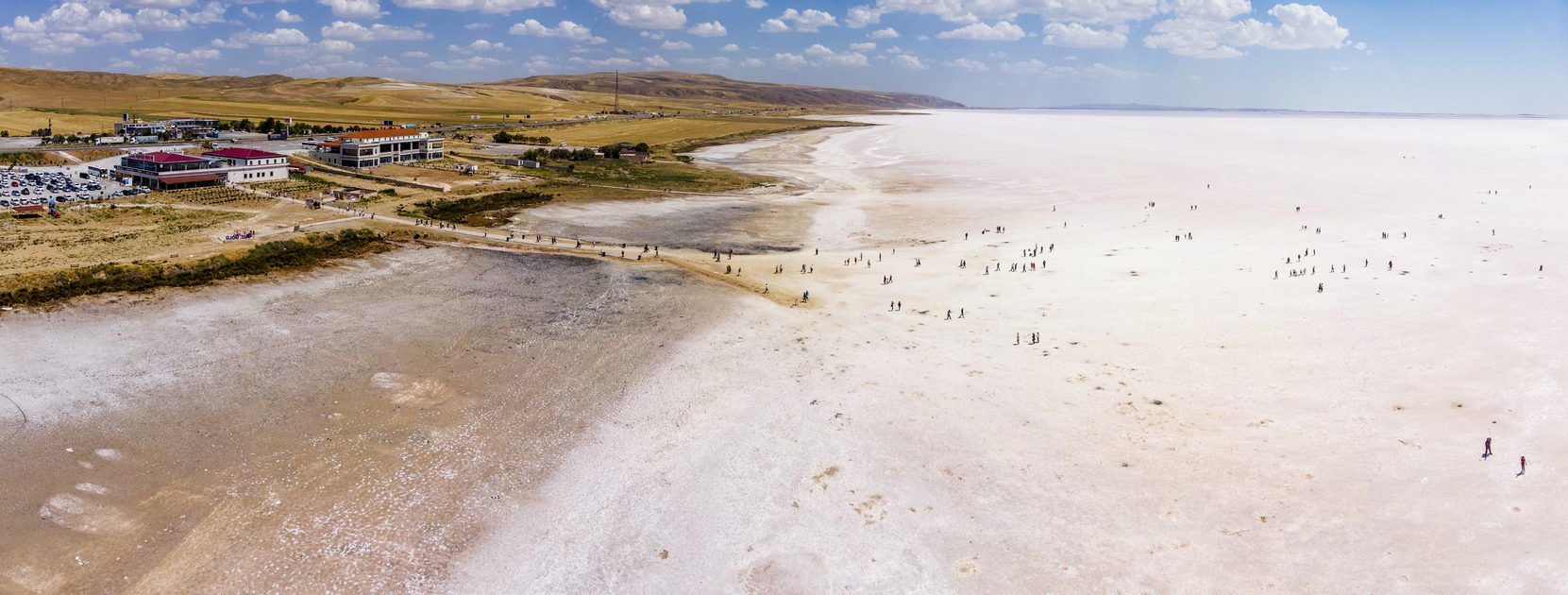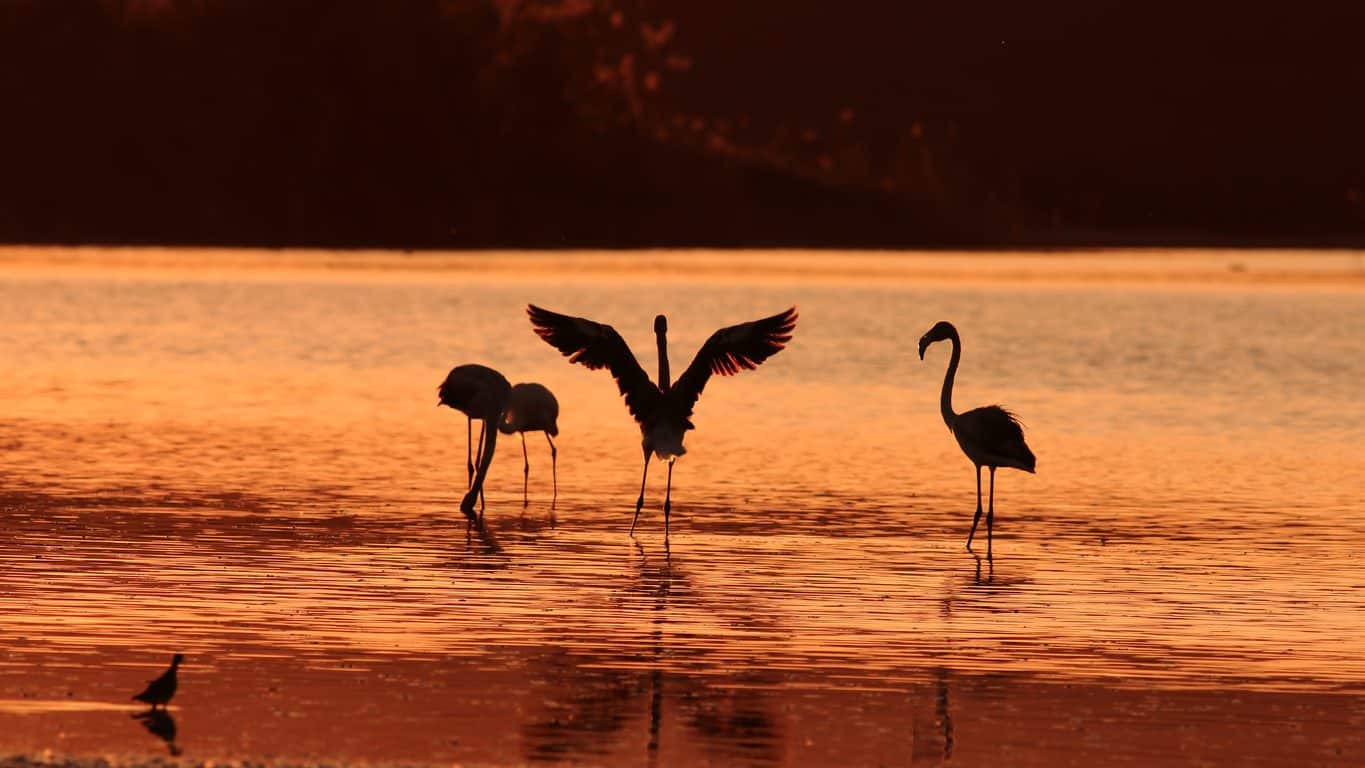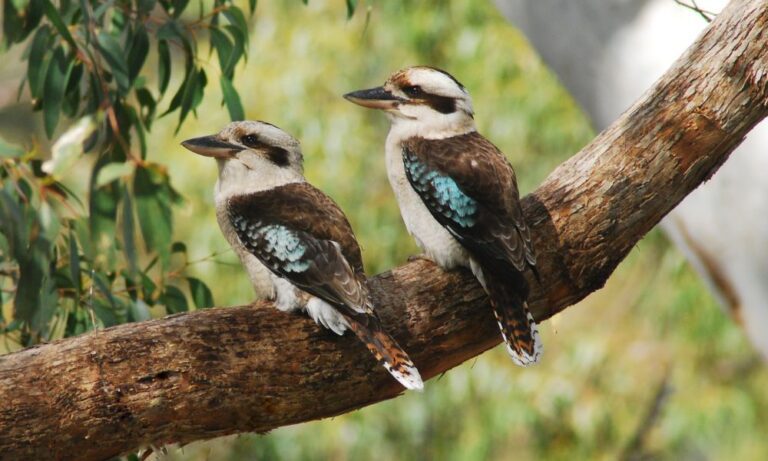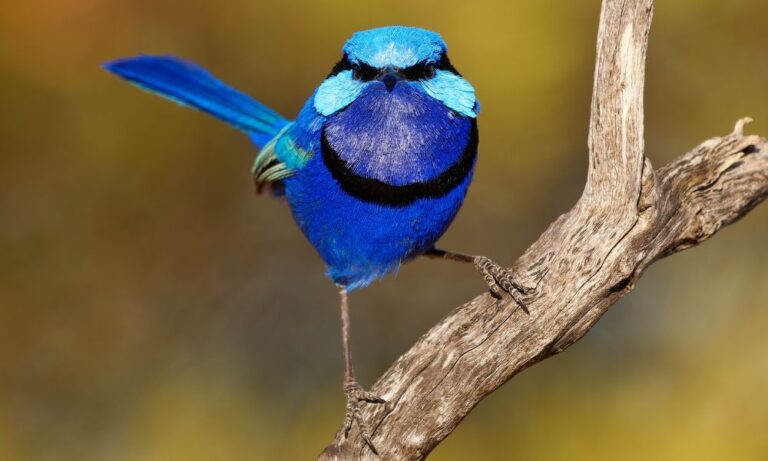Located in central Turkey, Lake Tuz had hosted huge colonies of flamingos and other bird species for centuries but approximately 5,000 young flamingos died during 2021 due to the lack of water.
A study conducted by Turkey’s Ege University shows that water levels at Lake Tuz began dropping in 2000. The lake completely receded in 2021 due to rising temperatures, intensified evaporation and insufficient rain, according to the study. It also noted a sharp decline in underground water levels around Lake Tuz.
The area was once known as ‘Turkey’s breadbasket’ but farms in the region have turned to growing profitable but water-intensive crops such as corn, sugar beet and alfalfa, draining groundwater supplies. There are also about 120,000 unlicensed wells in the region.

At 1,665 square kilometres, Lake Tuz is just one of several lakes to have dried up in recent years due to rising temperatures, decreasing rain and unsustainable irrigation practices.
The flamingo population in Turkey makes up about 30% of the entire flamingo population in Europe. The country is among the main destinations and habitats of the birds, with up to 71,000 flamingos spending winter in Turkey every year. Although the past season of rainfall has revived dried parts of lake, mass bird deaths are still occurring. Recently 500 seagulls were found dead around Turkey’s Duden Lake, which is located near Lake Tuz.
Turkey was one of the first countries to sign the 2015 Paris Climate Accords. Yet it held off ratifying it until 6 October 2021 as it sought to be reclassified as a developing country instead of a developed one in order to avoid harsher emission reduction targets and to benefit from investment, insurance and technology transfer that can be provided as part of the agreement.







